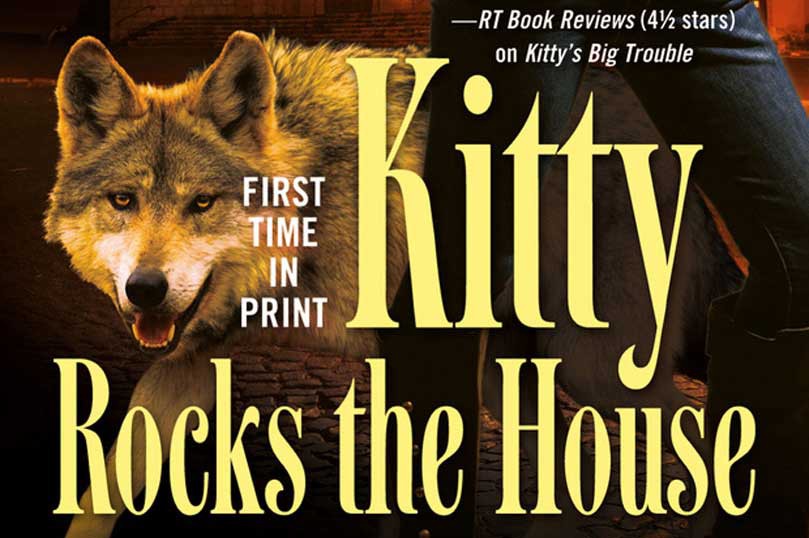Ultimate Urban Fantasy Sweepstakes
Ultimate Urban Fantasy Sweepstakes Sign up for the Tor/Forge Newsletter for a chance to win 25 urban fantasy books! About our newsletter: Every issue of Tor’s monthly email newsletter features original writing by, and interviews with, Tor authors and editors about upcoming new titles from all Tor and Forge imprints. In addition, we occasionally send…

